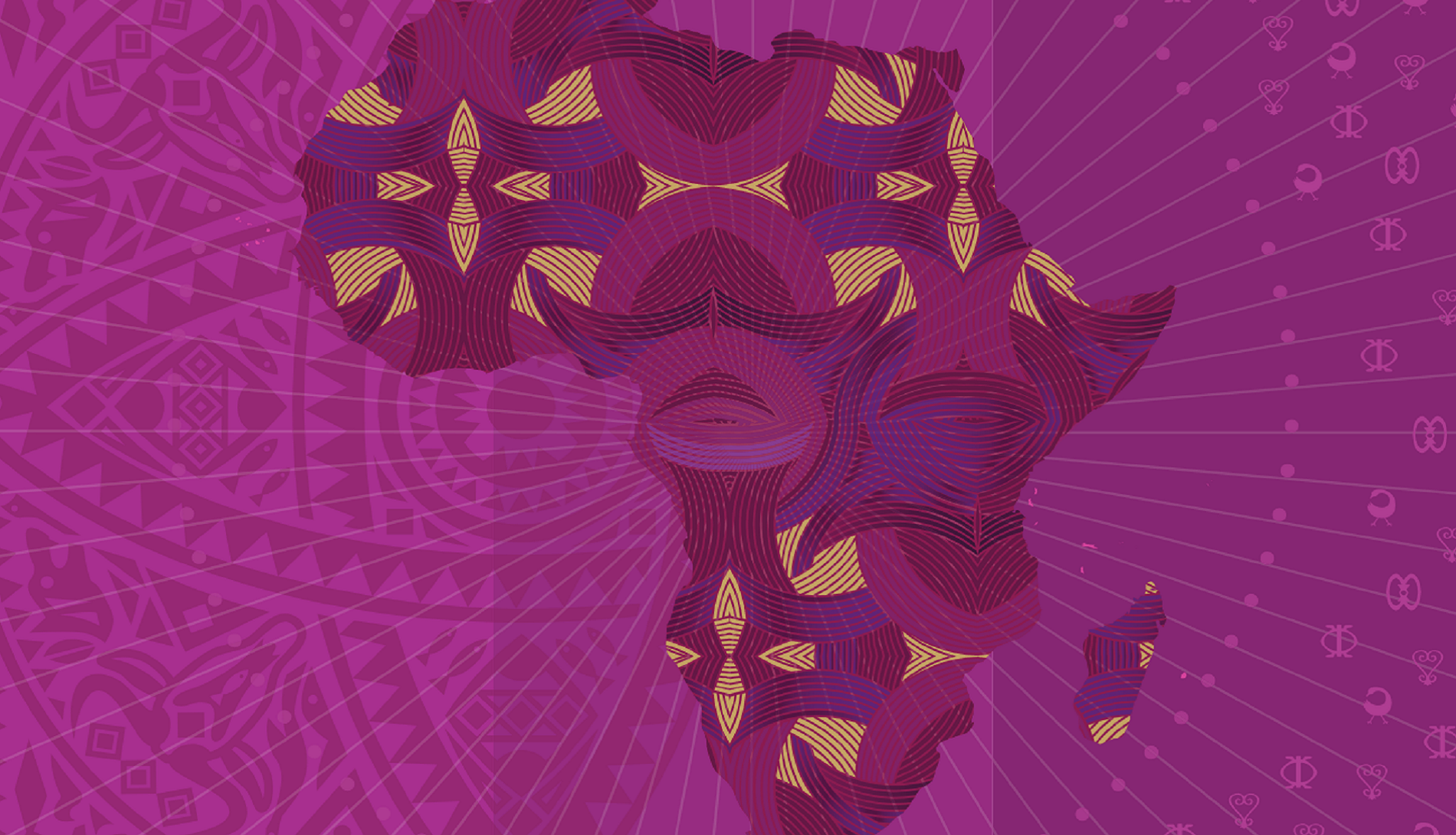The COVID‑19 pandemic is the hardest shock to African economies in 25 years. To help kick-start the economy in the aftermath of the crisis, governments and businesses alike should use the opportunities of the continent’s fast advancing digitalisation, a new report by the OECD and African Union finds. But how exactly can digitalisation create quality jobs and strengthen the economy? Which policies and forms of cooperation can make digitalisation a success story in Africa?
On 25 March 2021, OECD and the African Union presented the report Africa’s Development Dynamics 2021 and discussed its main findings with policymakers and industrial leaders from Africa and Germany.
Welcome remarks:
- Stefan Liebing | Chairman, German-African Business Association
Presentation of Africa’s Development Dynamics 2021:
- Jean Denis Gabikini | Acting Director of Directorate of Economic Development, Integration and Trade of the Department of Economic Development, Trade, Industry and Mining – AUC
- Mario Pezzini | Director of the OECD Development Centre and Special Advisor to the OECD Secretary-General on Development
Discussion:
- H.E. Igor Cesar | Ambassador of Rwanda to Germany
- Stefan Oswald | Director for Africa, German Ministry for Economic Cooperation and Development – BMZ
- Gregor Wolf | Member of the Executive Board, Federation of German Wholesale, Foreign Trade and Services – BGA
Moderator:
- Nicola Brandt | Head of OECD Berlin Centre
Key findings from the discussion:
- Covid-19 temporarily stopped Africa’s rapid economic growth. It is the hardest shock to African economies in 25 years. Gross domestic product (GDP) has decreased in 41 countries in 2020, compared to 11 countries in 2009 when the Global Financial Crisis hit. Yet Africa’s governments are facing today’s crisis with lower financial resources than they did then. The economic situation is expected to improve towards end of this year.
- Digitalisation will not bring many new high quality jobs by itself. It should rather be seen as an enabler that might help businesses to become more efficient and access new markets. Digitalisation can also support better governance and market transparency. Digitalisation can help governments collect taxes and deliver services more effectively.
- Digital ecosystems are growing fast on the continent, but whether this really boosts job creation for Africa’s youth will depend on whether digital innovations spread across sectors. There is a dynamic innovation scene in the African digital sector with over 600 active African tech hubs. However, large-scale job creation requires diffusing digital innovations from lead firms to the rest of the economy. Developing digital skills among Africa’s young workforce will be key.
- Four policy recommendations are central:
- Connect the entire continent. Only 35% of intermediary cities are connected to terrestrial fibre-optic networks. Connecting them can have a strong multiplier effect, since 73% of Africans will live in intermediary cities and rural areas by 2040.
- Training is key. Invest in the development of skills and provide social protection for informal iWorkers. Recent surveys show that many iWorkers face unpredictable compensation that is often below the national minimum wage. They do not benefit from standard labour conditions as in formal employment. Expanding and adapting social protection systems to this new reality is critical to address vulnerability.
- Remove barriers for smaller firms. Venture capital funding for Africa’s start-ups grew sevenfold between 2015 and 2019, yet the funding ecosystem for entrepreneurs remains fragile and inadequate. Half of the most dynamic start-ups are based in only five cities: Cape Town, Lagos, Johannesburg, Nairobi and Cairo.
- Update regulations and harmonise them at regional and continental level. Currently, only 28 countries in Africa have personal data protection legislation in place, while 11 have adopted substantive laws on cybercrime.
Recording of the webinar:
Presentation by Mario Pezzini:
Further reading:
Africa’s Development Dynamics 2021 – Digital Transformation for Quality Jobs. Report by the African Union and OECD presented at the webinar.
“Africa’s digital problems set to worsen amid pandemic”. Deutsche Welle interview with Mario Pezzini, Director of the OECD Development Centre (26 March 2021)
THE DIGITALTRANSFORMATION STRATEGY FOR AFRICA (2020-2030. Strategy report by the African Union (2020)

